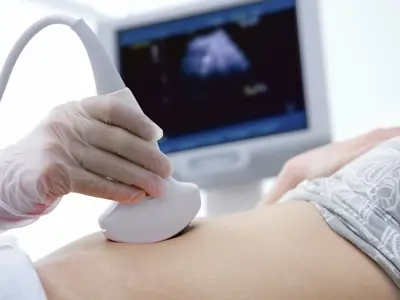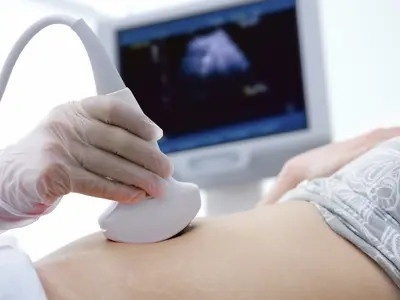BORN Impact
Contact Us
BORN Ontario
401 Smyth Rd
Ottawa, ON K1H 8L1
Help Desk
BIS · CARTR Plus · MIS · NTQA
FAQ · Email Us
1-855-881-BORN (2676)
Sign up for our Newsletter
Stay up-to-date on BORN Ontario news by subscribing to our newsletter.
Frequently Asked Questions
Help Desk
BIS · CARTR Plus · MIS · NTQA
Need help? We're here for you.
Check our FAQ · Email us
Call toll-free: 1-855-881-BORN (2676)














